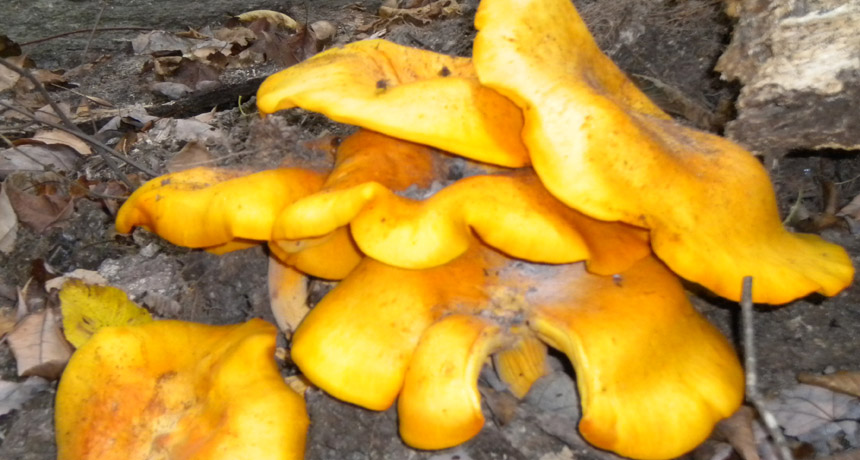Questions for Recycling the dead

Kathiann M. Kowalski
SCIENCE
Before reading
1. Have you ever thrown away a moldy or rotten piece of fruit? What caused it to go bad?
2. Raking leaves is a common fall activity. What would happen if you left the leaves where they fell?
During reading
1. What roles do rot and decay play in life?
2. How do bacteria and fungi get a head start on decomposition?
3. List some other important decomposers.
4. What is the carbon cycle?
5. Briefly explain photosynthesis.
6. Why are sugars useful for plants?
7. What three fibers make up the walls of plant cells?
8. Why are enzymes important?
9. Define “detritus.”
10. Explain some of the benefits of no-till farming.
11. How is ethanol made?
12. Why would bacteria that can quickly and efficiently break down lignin be useful in making biofuel?
After reading
1. As soil nitrogen levels continue to rise, what might today’s forest environments look like in the future?
2. Reread the section of the story that discusses DIRT. Use that information to explain why adding compost to your yard or garden can be beneficial.
3. Whether you burn ethanol or gasoline in your car, both add carbon dioxide to the atmosphere. Yet ethanol is considered a more environmentally friendly choice. Why is that?
SOCIAL STUDIES
1. Imagine your community wanted to start making its own biofuel to power a fleet of buses. How could households, schools, businesses, parks and other local sources provide the plant material needed to make the fuel? Describe an efficient way to collect that raw material.